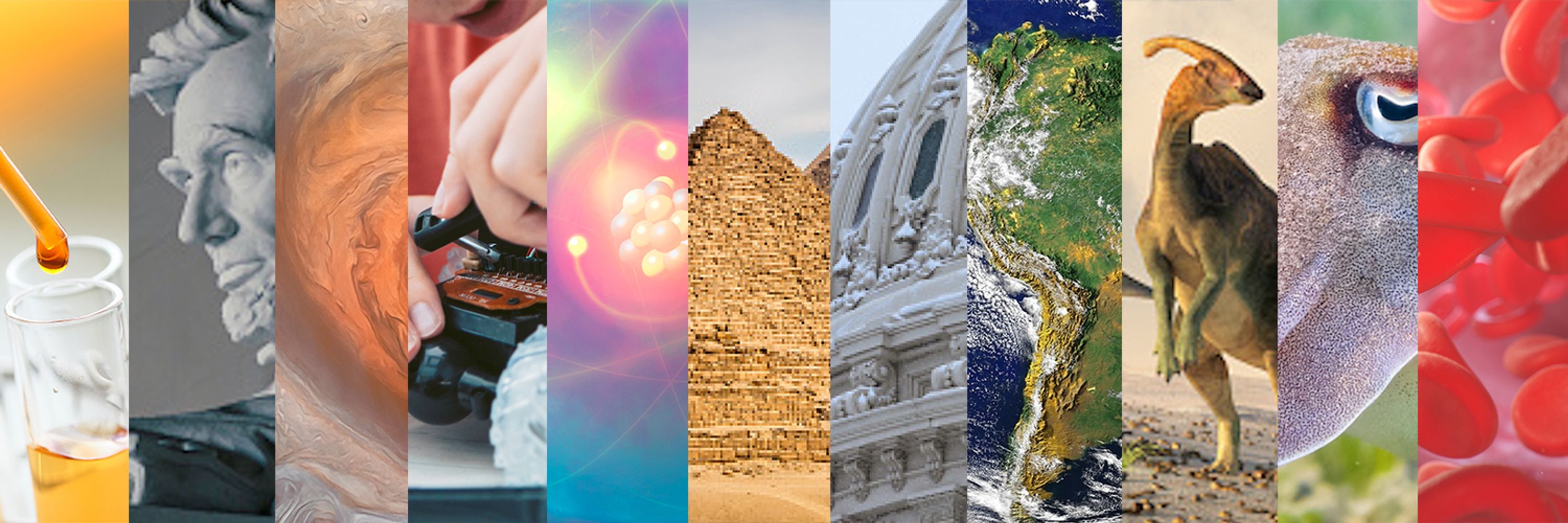
Bees, butterflies, ants — the foundation of our food systems — are declining faster than ever.
But there are things we can do to reverse it 🐝🌱
#biodiversity #wildlifeconservation #insects
www.livescience.com/animals/inse...

Bees, butterflies, ants — the foundation of our food systems — are declining faster than ever.
But there are things we can do to reverse it 🐝🌱
#biodiversity #wildlifeconservation #insects
www.livescience.com/animals/inse...
#lions #animals #lionroar #conservation
www.livescience.com/animals/lion...

#lions #animals #lionroar #conservation
www.livescience.com/animals/lion...
#space #nasa #3I/ATLAS #comet
www.livescience.com/space/comets...

#space #nasa #3I/ATLAS #comet
www.livescience.com/space/comets...
#archaeology #metaldetectorist #viking
www.livescience.com/archaeology/...

#archaeology #metaldetectorist #viking
www.livescience.com/archaeology/...
#blackholes #space #stars
www.livescience.com/space/black-...

#blackholes #space #stars
www.livescience.com/space/black-...
#measles #health #unitedstates
www.livescience.com/health/virus...

#measles #health #unitedstates
www.livescience.com/health/virus...
#humanevolution #humanbehavior #archaeology
www.livescience.com/archaeology/...

#humanevolution #humanbehavior #archaeology
www.livescience.com/archaeology/...
#archaeology #lostcities #newdiscoveries
www.livescience.com/archaeology/...

#archaeology #lostcities #newdiscoveries
www.livescience.com/archaeology/...
#neanderthal #archarology #anthropology
www.livescience.com/archaeology/...

#neanderthal #archarology #anthropology
www.livescience.com/archaeology/...
#space #veracrubin #rubinobservatory
www.livescience.com/space/astron...

#space #veracrubin #rubinobservatory
www.livescience.com/space/astron...
#paleontology #hellpigs #science #prehistoricanimals
www.livescience.com/animals/exti...

#paleontology #hellpigs #science #prehistoricanimals
www.livescience.com/animals/exti...
#dinosaurs #paleontology #triassic
www.livescience.com/animals/exti...

#dinosaurs #paleontology #triassic
www.livescience.com/animals/exti...
#science #sciencehistory #newdiscoveries
www.livescience.com/chemistry/sc...

#science #sciencehistory #newdiscoveries
www.livescience.com/chemistry/sc...
A new study analyzing more than 2 million dark streaks on Mars — first spotted in the 1970s — has finally cracked how they form.
www.livescience.com/space/mars/2...

A new study analyzing more than 2 million dark streaks on Mars — first spotted in the 1970s — has finally cracked how they form.
www.livescience.com/space/mars/2...
#health #healthresearch #sleep #thebrain
www.livescience.com/health/sleep...

#health #healthresearch #sleep #thebrain
www.livescience.com/health/sleep...
#space #stars #galaxies
www.livescience.com/space/cosmol...

#space #stars #galaxies
www.livescience.com/space/cosmol...
#space #rocketlaunch #marsmission #blueorigin
www.livescience.com/space/space-...

#space #rocketlaunch #marsmission #blueorigin
www.livescience.com/space/space-...
#solarflare #solarstorm #aurora #skywatching
www.livescience.com/space/the-su...

#solarflare #solarstorm #aurora #skywatching
www.livescience.com/space/the-su...
#spiders #animals #sciencenews
www.livescience.com/animals/spid...

#spiders #animals #sciencenews
www.livescience.com/animals/spid...
#animals #newspecies #frogs #sciencenews
www.livescience.com/animals/toad...

#animals #newspecies #frogs #sciencenews
www.livescience.com/animals/toad...
#humanevolution #humanhistory #science
www.livescience.com/archaeology/...

#humanevolution #humanhistory #science
www.livescience.com/archaeology/...
#archaeology #pyramids #giza #egypt
www.livescience.com/archaeology/...

#archaeology #pyramids #giza #egypt
www.livescience.com/archaeology/...
www.livescience.com/health/medic...

www.livescience.com/health/medic...
#ancienthistory #archaeologynews #sciencenews
www.livescience.com/archaeology/...

#ancienthistory #archaeologynews #sciencenews
www.livescience.com/archaeology/...


